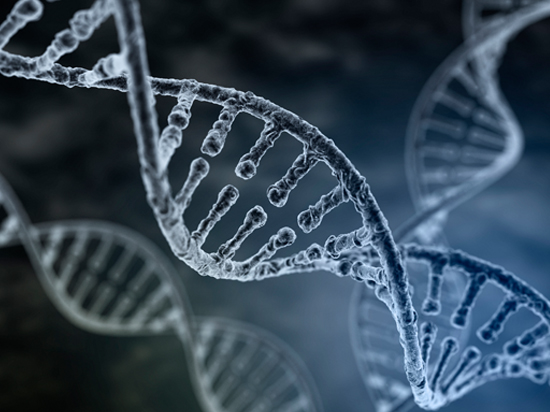A new study supports what RAINN has been telling state and federal policymakers for decades: a more robust DNA database leads to lower crime rates.
According to the study, conducted by Dr. Jennifer Doleac, assistant professor at the University of Virginia, DNA databases lower crime in two key ways: by deterring potential offenders from committing crimes and by enabling law enforcement to zero in on serial offenders more efficiently.
The study compared recidivism rates, or relapse in criminal behavior, among offenders imprisoned before and after state DNA databases were expanded. It also compared the size of state databases to crime rates and found that:
- DNA profiling has a deterrent effect on crime: it reduces the probability of future convictions by 17 percent for serious violence offenders and by 6 percent for serious property offenders.
- As databases in the United States grew between 2000-2010, violent and property crime rates fell as a result.
 Each state maintains a DNA database, which contains DNA profiles collected from criminals, crime scenes, and sexual assault forensic exams. DNA profiles can be uploaded to the Combined DNA Index System (CODIS), a national system maintained by the FBI that allows law enforcement to search all state databases at the same time. CODIS houses genetic profiles collected from individuals arrested for and convicted of certain crimes across the nation. All states require DNA profiling of convicted felony offenders, while more than 30 states now require that DNA samples be collected from individuals arrested for certain felony offenses, including sexual assault.
Each state maintains a DNA database, which contains DNA profiles collected from criminals, crime scenes, and sexual assault forensic exams. DNA profiles can be uploaded to the Combined DNA Index System (CODIS), a national system maintained by the FBI that allows law enforcement to search all state databases at the same time. CODIS houses genetic profiles collected from individuals arrested for and convicted of certain crimes across the nation. All states require DNA profiling of convicted felony offenders, while more than 30 states now require that DNA samples be collected from individuals arrested for certain felony offenses, including sexual assault.
RAINN leads national efforts to advance and sustain federal DNA programs that support the collection and timely testing of DNA evidence from sex crimes, such as the Debbie Smith Act and the Violence Against Women Act. RAINN’s current chief policy priority is passage of S. 2577, the Justice for All Reauthorization Act of 2016, which ensures that programs that help national, state, and local agencies collect, test, and upload DNA evidence and exonerate the innocent can continue.
Doleac discusses the study in an article for Real Clear Markets.
To be part of RAINN’s work to advance policies that make communities safer and support survivors, visit our Action Center and #ActWithRAINN.